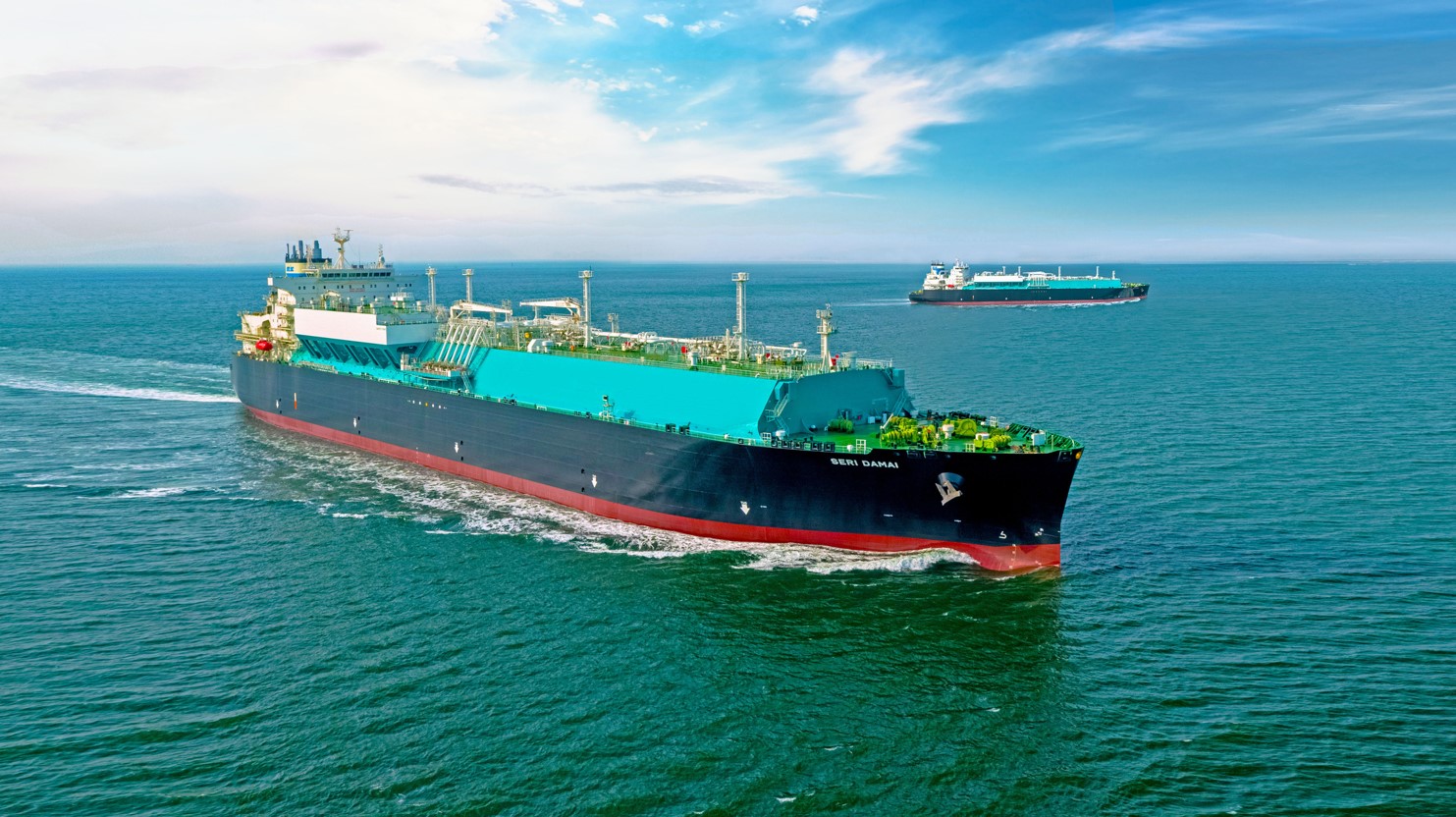Malaysia’s LNG shipper MISC, a unit of Petronas, said its LNG business logged a decrease in both revenue and operating profit in the January-March period.
The shipping firm said its gas assets and solution business, which includes a fleet of LNG and ethane carriers, posted a revenue of 755.9 million ringgit ($163.4 million) and an operating profit of 384.8 million ringgit ($83.2 million) in the first quarter.
Revenue declined by 0.2 percent year-on-year due to lower earning days mainly from a vessel disposal and contract expiry.
This was however offset by the deliveries of two LNG carriers in the quarter, MISC said.
Also, operating profit dropped by 1.6 percent due to lower revenue in the quarter, MISC said.
MISC is one of the largest operators of LNG carriers and most of them are on long-term charters. It operates a fleet of 31 LNG carriers and two floating storage units.
“Healthy” financial performance
Looking at the overall quarterly results, MISC’s operating profit of 825.5 million ringgit ($178.5 million) in the first quarter rose by 59.7 percent from 516.9 million ringgit a year ago.
Group revenue of 3.07 billion ringgit rose by 7.4 percent.
The company’s CEO Rajalingam Subramaniam said in the statement that MISC has recorded a “healthy financial performance” in the first quarter.
“Our robust performance stems from our core strength of forging partnerships with strategic clients, championed by our team who is committed to our strategic aspirations. Nevertheless, we are attentive to the slowing global growth and changing energy needs worldwide,” he said.
MISC expects LNG earnings to remain “steady”
MISC said that spot charter LNG rates remained subdued in the first quarter of 2023 as mild winters and ample gas storage inventories in Europe and major Asian countries contributed to the increase in tonnage availability.
As a result of the subdued spot rates, there is a rising preference by charterers to lock in charters at fixed time charter rates due to the uncertainty in the market, according to MISC.
While prospects remain promising as demand is showing signs of recovery, limited supply growth will keep the supply and demand balance tight through 2023, MISC said.
Notwithstanding the above, the operating income for the company’s gas assets and solutions segment is expected to “remain steady”, underwritten by its portfolio of long-term charters, MISC added.

